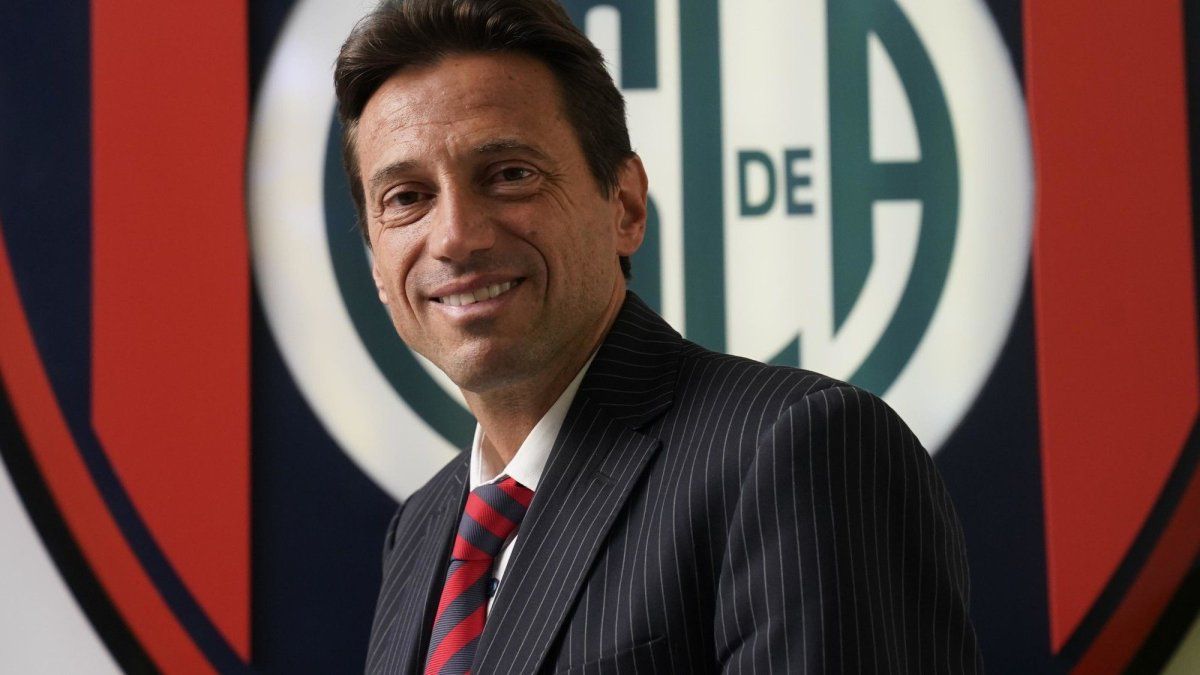The boxing world is mourning the loss of Manfred Wolke. The successful coach died at the age of 81. He was one of the most important protagonists in the golden age of German boxing.
Dazzling evening fights and high ratings: Manfred Wolke played a huge part in the boxing boom of the 1990s in Germany. Now the boxing world is mourning the loss of the successful trainer. The former coach of Henry Maske and Axel Schulz died last Wednesday at the age of 81 after a long, serious illness in his hometown of Frankfurt/Oder.
Maske confirmed this to the German Press Agency on Monday, citing the family. The “Welt” newspaper and the radio station 91.7 Oderwelle had initially reported this.
Former boxing world champion Maske regrets the death of his important coach. “For me, he was the undisputed trainer,” said the 60-year-old. “Some athletes who were considered average became internationally successful boxers under him,” said Maske, adding: “Of course, the athlete has to do it alone, but Manfred Wolke was the companion who showed them possibilities and made demands that they probably would not have implemented otherwise.”
Wegner: “Made professional boxing socially acceptable after the fall of the Berlin Wall”
Wolke was at Maske’s side when the ex-boxer, now known as “Gentleman,” became Olympic middleweight champion in Seoul in 1988 and professional light heavyweight world champion in 1993. Wolke also led featherweight Rudi Fink to Olympic gold in Moscow in 1980.
Wolke – also known as “Manne” – helped above all to bring boxing out of the dingy corner and onto the big stage. In reunified Germany, he finally made a name for himself in the Sauerland boxing stable and brought Maske to prominence. Fights followed in the evening program in front of an audience of millions. “He made professional boxing socially acceptable in Germany after the fall of the Wall. He was the driving force behind Maske’s success,” said trainer icon Ulli Wegner to the dpa.
The coach, born in Potsdam in 1943, was himself one of the most important faces of GDR sport as an athlete. And he achieved great success. As a welterweight, Wolke won Olympic gold in Mexico City in 1968. He was also European runner-up in 1967 and 1971. At the 1972 Summer Games in Munich, he carried the GDR flag into the Olympic Stadium. “He was certainly one of the best coaches in the world. There are rarely athletes who are so successful and at the same time work so successfully as coaches,” said Wegner.
Mask: “Just a human being”
Wolke trained professionals such as Danilo Häußler, 2001 European super middleweight champion, and Timo Hoffmann, Kai Kurzawa, Enad Licina and Artur Hein. The strict Wolke was considered a special and unique character who, according to Maske, was able to convey a lot with just a few words.
And he had a great influence on his athletes, demanding top performances from them and pushing them to their limits. “Over time, I realized that Manfred Wolke is not a god either, because that’s what he used to be for me. He is, in quotation marks, just a human being,” said Maske, who was deeply affected by the death of his former coach.
Wolke also trained heavyweight Axel Schulz. He had also coached him during his amateur days and, despite much resistance, brought him into the professional ranks. “Without Manne, I would not have become who I am,” Schulz said in response to a query from dpa.
When the offer came in 1995 to box against George Foreman, Wolke persuaded Schulz to take the fight. Even though the German was ultimately defeated on points, he was able to present himself on the big boxing stage. “That was my breakthrough. He was the best trainer I had,” enthused the former heavyweight boxer.
Source: Stern
I am Pierce Boyd, a driven and ambitious professional working in the news industry. I have been writing for 24 Hours Worlds for over five years, specializing in sports section coverage. During my tenure at the publication, I have built an impressive portfolio of articles that has earned me a reputation as an experienced journalist and content creator.




